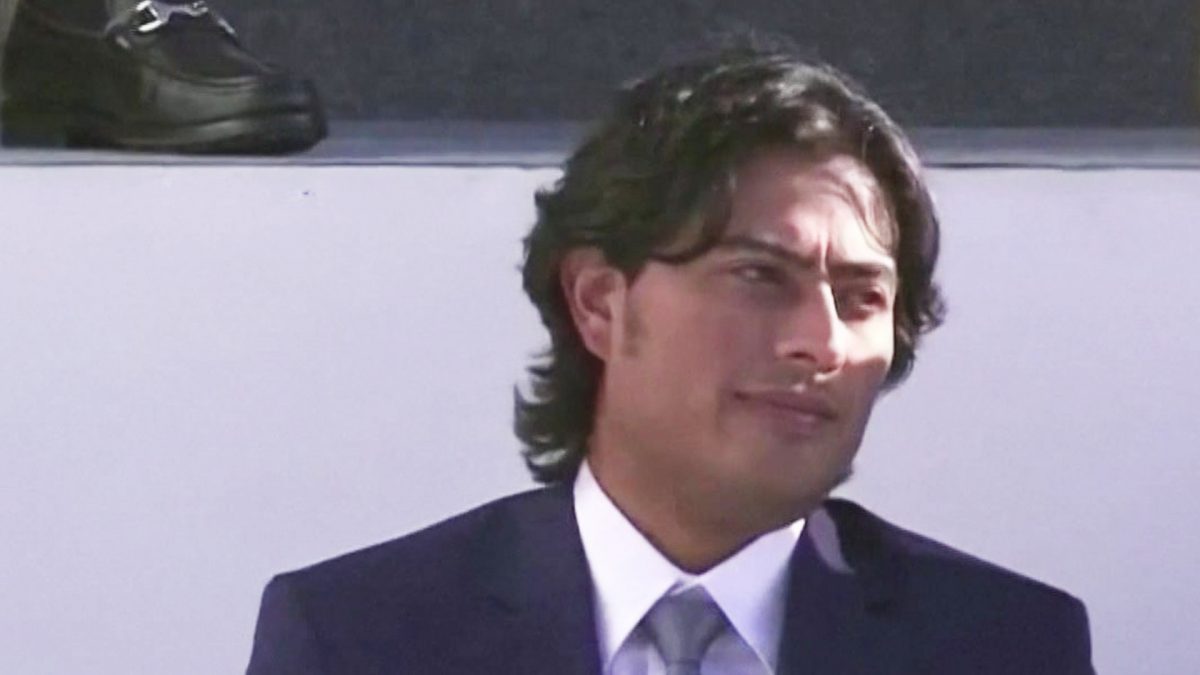BOGOTA, (Reuters) – Nicolas Petro, the eldest son of Colombian President Gustavo Petro, yesterday admitted that illegal money entered his father’s election campaign last year, the prosecutor handling the case said.
Nicolas Petro, 37, was arrested on Saturday in the city of Barranquilla alongside his ex-wife, Daysuris del Carmen Vasquez, who was quoted in the media in March saying that two people accused of having ties to drug trafficking gave her former spouse cash to support the president’s election campaign.
“Mr. Nicolas Fernando Petro Burgos gave relevant information that was unknown until now by the attorney general’s office, including … about the financing of the past presidential campaign of the current president, Mr Gustavo Petro Urrego,” prosecutor Mario Burgos said during the hearing, where Nicolas Petro was present.
The information pertained to campaign funding, which appeared to exceed legal limits, and some of which was not reported to electoral authorities, Burgos added.
Although Vasquez said the president was not aware of the dealings, the scandal could hamper the Petro administration’s pursuit of peace-and-surrender deals with armed groups and its ambitious reform agenda.
The president insisted he will remain in office until 2026, citing the mandate of his election victory.
“No one but the people can end this government,” Petro said during a speech in Sincelejo, in Colombia’s Sucre province.
Petro denied accusations that he was aware of the illegal activities and said he hoped any claims to the contrary would “vanish quickly.”
“The president has never asked any of his sons or daughters to commit the crime to win or finance campaigns, or for anything that has to do with power,” Petro said.
According to the charges, Nicolas Petro, a lawmaker in Atlantico province, received money from accused drug traffickers in exchange for including them in the president’s peace plans.
He has pleaded not guilty, but said he would collaborate with prosecutors, who accuse him of buying properties valued at the equivalent of about $394,000 with money that did not come from his lawmaker salary.
The charges could lead to sentences of 12 and 20 years in prison.






